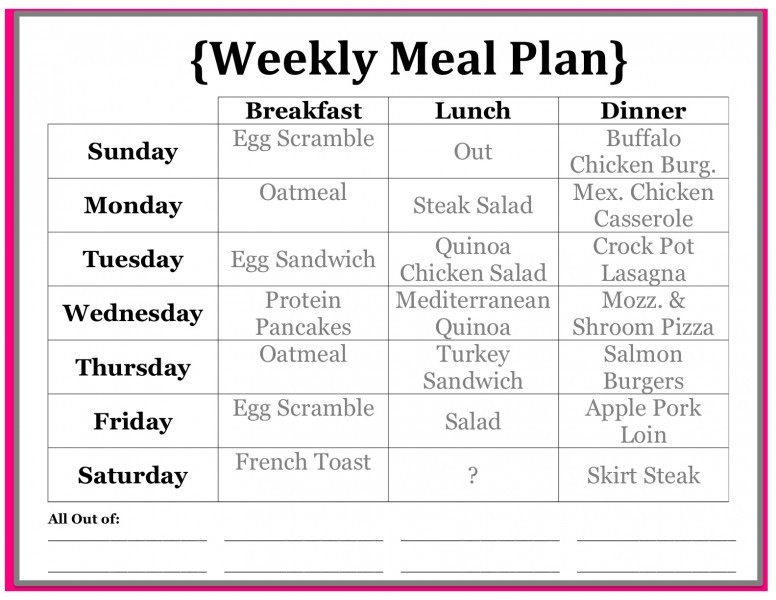5 mind tricks for weight loss
Change the way you think and watch the weight fall off! Clinical Psychologist Louise Adams shares her tips

1. Make guilt the enemy
Many of us feel guilty after a food ‘blowout’ and subsequent weight gain. We assume that guilt is helpful, that it can motivate us to be ‘good’ with food (at least for a while). But guilt can lead to rash decisions, like going on a strict new diet or becoming overly focused on food and body weight. These types of regimes never last for long and often lead straight back to ‘blowing out’ once again.
Guilt also makes us feel bad about our bodies and can serve to reinforce negative body image. Feeling bad about our bodies doesn’t help us to look after them. So lose the guilt!
2. Motivate with self compassion
Self compassion means developing a kind and understanding relationship towards yourself, particularly during difficult times. Self-compassion means treating yourself as if you were a treasured friend. Research shows that people scoring highly in self-compassion take better care of their health and their bodies than people low in self compassion.
So, in response to a blowout, a self compassionate response might be something like: “I can understand how I went overboard with eating this Christmas – it’s been tough to ‘resist’ all those opportunities to eat. I’m going to do my best to learn from this experience and have a go at treating my body differently.”
3. Treat your body well rather than focusing on weight
Having a ‘target weight’ means you are concentrating on the outcome, not the process. It’s like trying to become a millionaire by constantly cursing the fact that you are not yet rich! The only way to make a million dollars is to focus on managing your money well. In weight management, the only way to get close to your goal weight is to focus on what you are doing every day – the small steps, such as being active and planning meals. Or, the process, not the outcome.
4. Relax ‘food rules’ and resist the temptation to diet
Learn to eat from the body rather than eating from the head. ‘Head eating’ is when we ignore our bodies and eat according to certain ‘rules’. Having food rules makes us feel deprived, and sets up a preoccupation with the very foods we are trying to avoid. Food becomes ‘good’ or ‘bad’, and the bad food is so very seductive. Before long most of us break the rules in some manner, and this can lead to overeating the ‘bad’ food.
5. Develop mindful eating skills
Mindful eating involves paying attention to the body’s internal signals. How hungry am I feeling? How full am I getting? How satisfying is this food? Mindful eating also means slowing down, and paying full attention to the act of eating. Focus on sensory input such as the sight, texture, and smell of the food.
Next: 20 ways to stay diet strong>>
-
Create A Healthier You With These Weight Loss Tips
One of your main priorities in life should be your health. Being
-
Dieting For The Right Reason
by Ramos Reyes Why should I try to have a healthy diet? Having a healt
-
Weight Loss Can Be Achieved In As Little As 5 Days By Increasing Your Metabolism
One-size-fits-all diets dont work....but then you probably know that a
-
Being Overweight May Age Your Brain By 10 Years
According to a recent study published in the journal Neu
-
Explaining Ephedra
Ephedra has been used for centuries, and is most commonly a remedy for
-
Top 7 Foods for Weight Loss
Carrying a few extra pounds and want some help?Youre not alone.I
- DON'T MISS
- Low Carb Diets The South Beach Diet Atkins Diet Zone Diet And More
- Exercise: Why YOU Should Do It
- Benefit of Power foods
- How To Lose 100+ Pounds
- What You Should Consider Prior To Ordering Weight Loss Tablets
- The Best Diets To Lose Belly Fat Fast - 3 Tips To Lose Belly Fat
- Free Cabbage Soup Diet Recipe Suggestions
- Decreasing your weight and being healthy is effortless
- Lose Weight Fastin ! By Lose Weight Fastin !
- A List Of Weight Loss Programs




